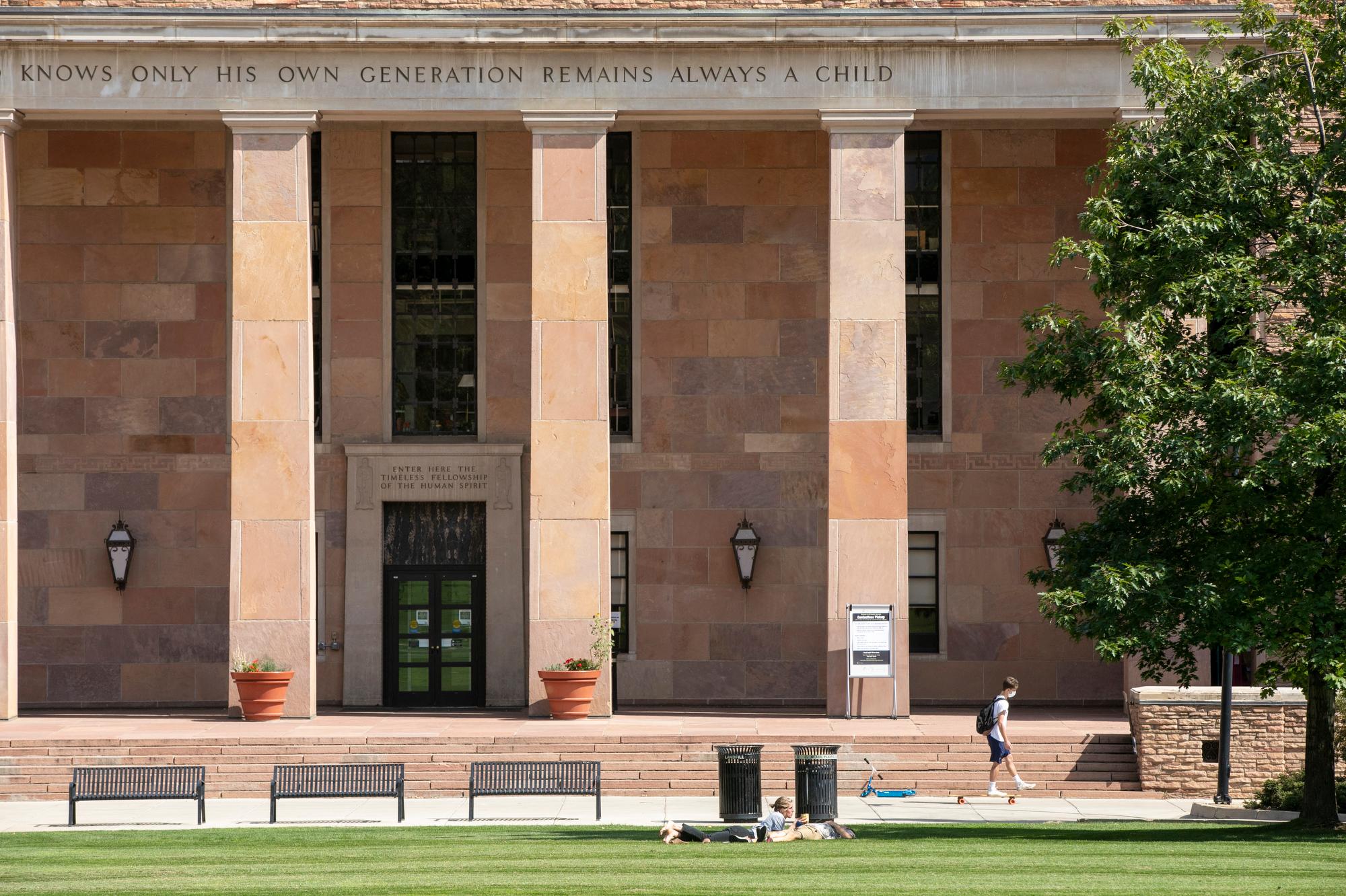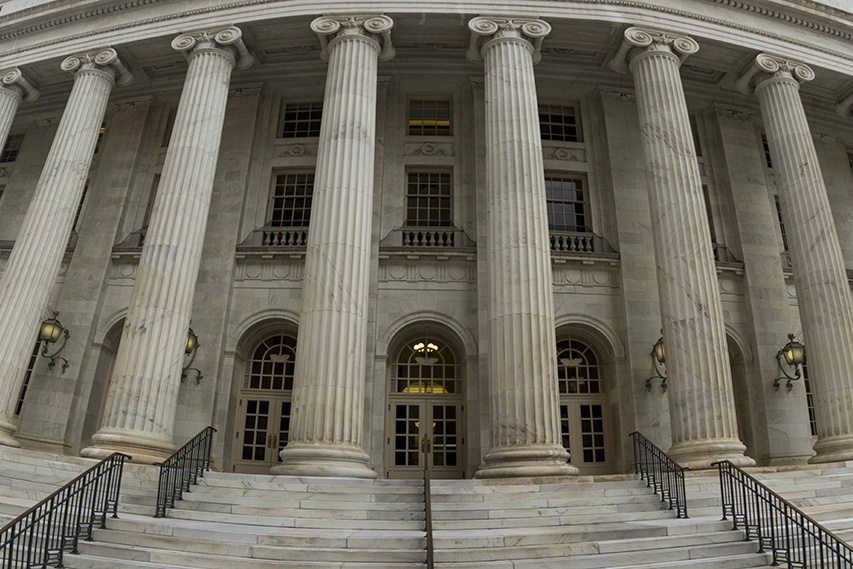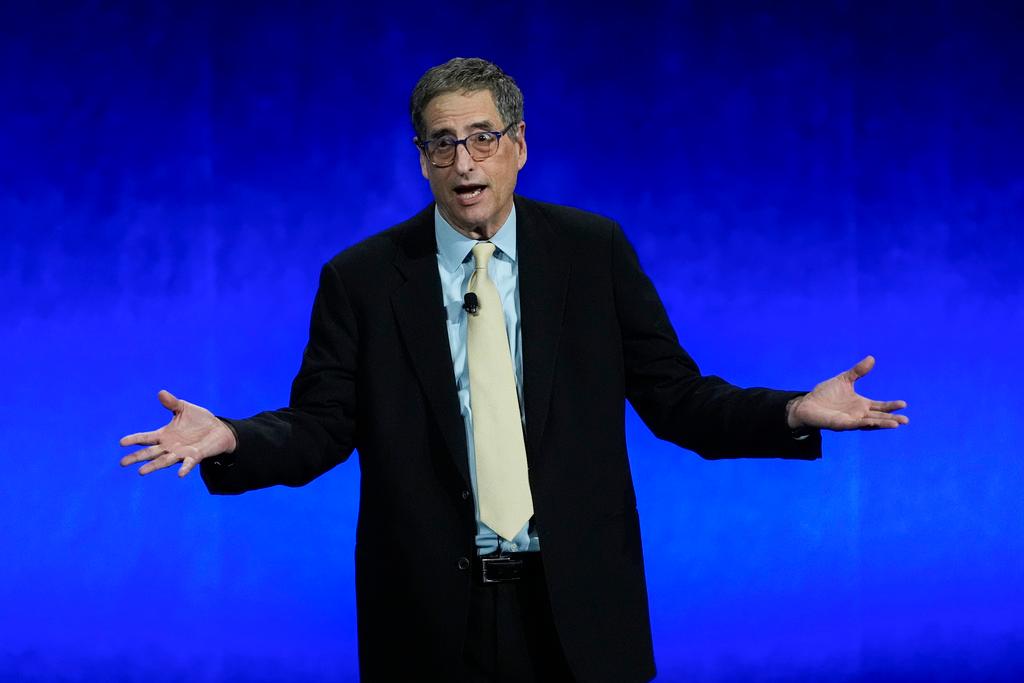
Facing a budget shortfall of $218 million for this fiscal year, the University of Colorado system is proposing a 3 percent tuition increase to make up for lost revenue from lower enrollment rates and state funding cuts.
The proposed increase would be the first in three years and, if approved, would apply to all incoming in-state students. Those already enrolled on the Boulder campus are covered by the university’s tuition guarantee program, which freezes their tuition and mandatory fees for four years after enrollment.
CU System CFO Todd Saliman said low state funding is a primary cause of the need to raise tuition. According to state data, Colorado ranks 47th in education appropriations compared to other states.
“Colorado is ranked poorly, nationally, when it comes to state funding of higher education,” Saliman said at the Board of Regents meeting Thursday. “It’s not because of a lack of commitment from the state, it’s because of a lack of resources.”
He said the tuition increase would prevent a similar outcome to what happened during the first several months of the coronavirus pandemic. Faculty and staff across all four CU campuses experienced furloughs, pay cuts, and layoffs.
This upcoming fiscal year, Saliman said they want to end furloughs, but there will likely not be enough in the budget to give pay raises for workers due for one. Much of next year’s budget depends on how quickly campuses return to pre-pandemic activity.
Toward the end of Thursday's meeting, Republican Regent Heidi Ganahl said she opposed the proposed increase.
“I think it’s a bit tone-deaf to be increasing tuition at all, as I’ve said. Our students are hurting, our families are hurting, and if we have to make tough cuts, we have to make tough cuts, like every other business in this country and colleges,” she told Saliman.
Ganahl added she found it hard to justify an increase if staff aren’t getting merit raises.
Regents will vote on the proposed tuition increase and the rest of the budget in the summer.









